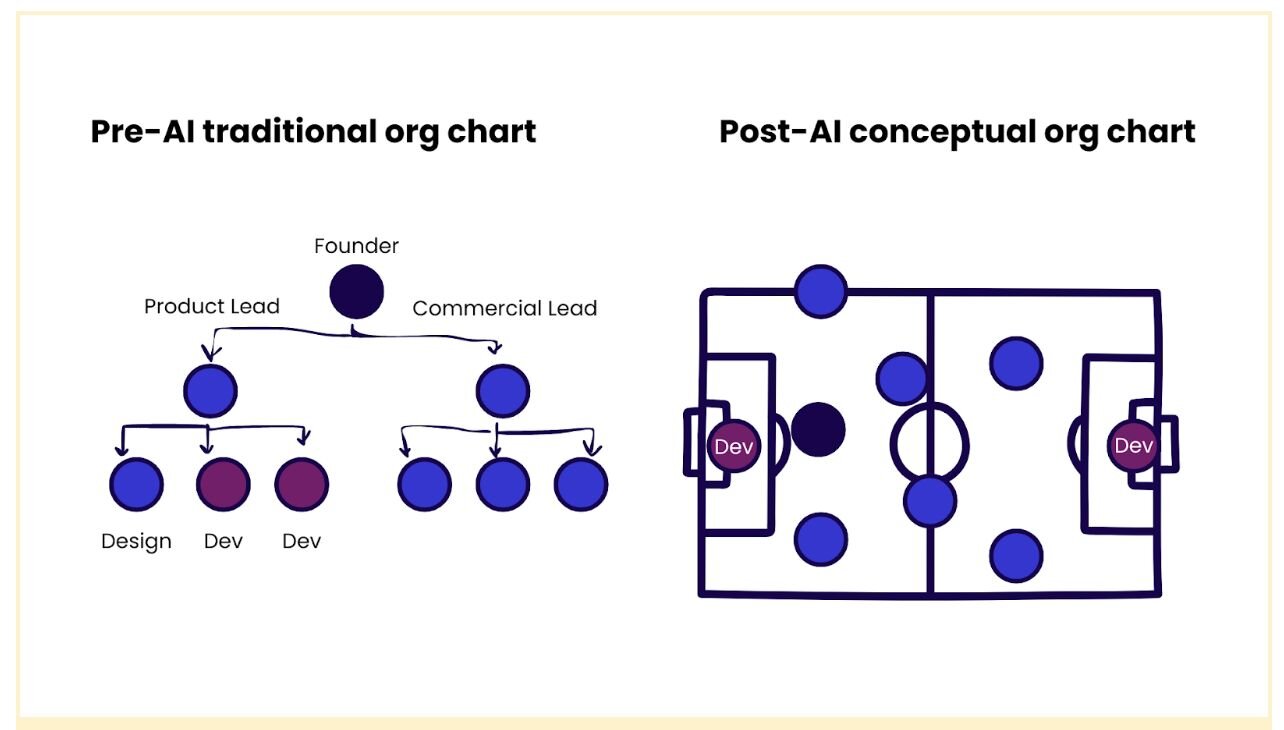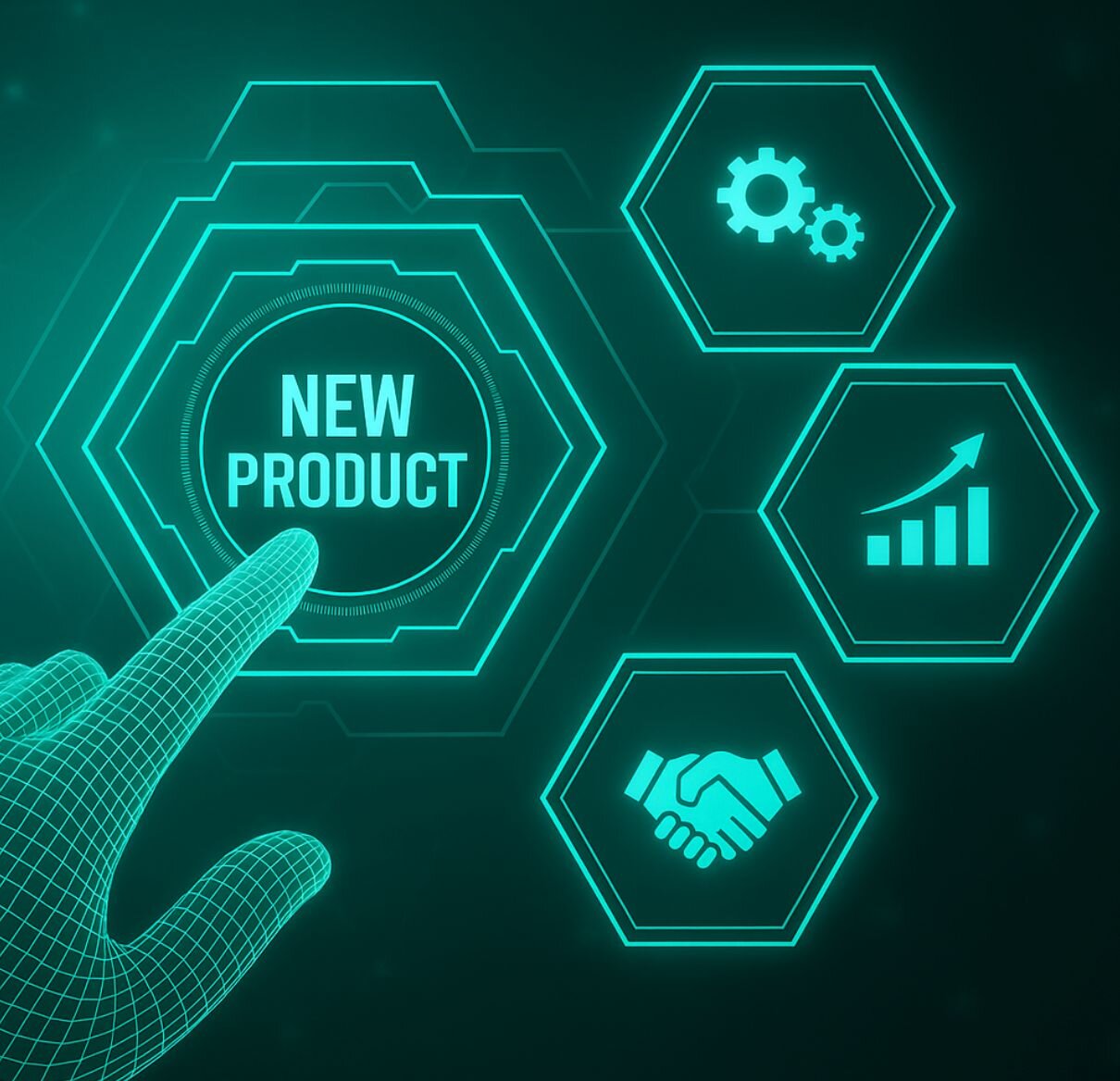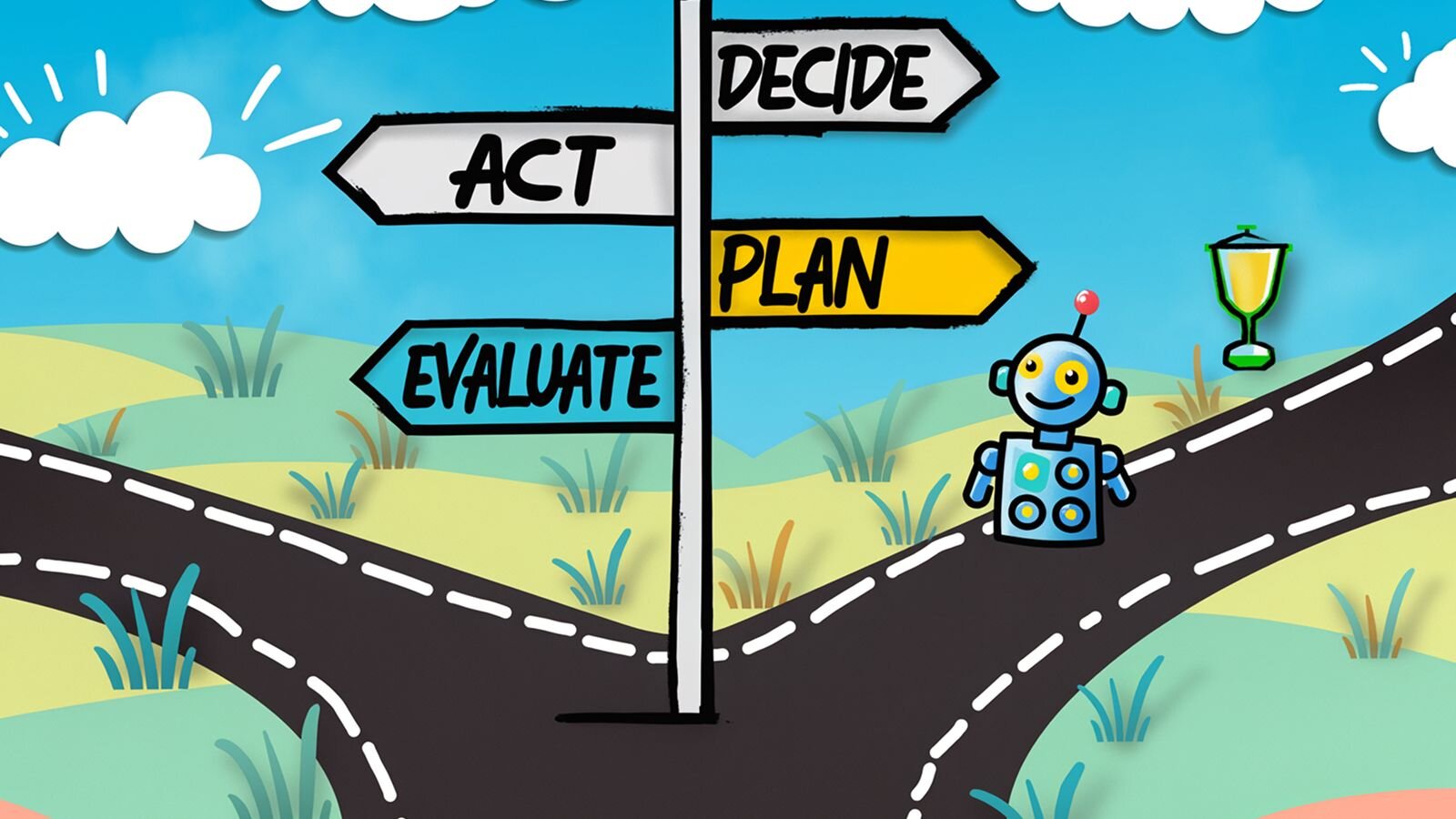Are you dreaming of switching careers and moving into product management but have no experience? There are a few things you can do to demonstrate to your future employer you are right for the job.
I have no relevant experience so how do I convince someone to hire me as a product manager? This question comes up a lot. Product management continues to be a popular career choice for many curious people with a keen interest in the world, people and technology. It’s the sweet spot for anyone who is keen on solving problems, listening to people, working solo and as part of the team, being creative and structured, willing to plan and make gut-feel decisions on the go. What’s not to like! So is there something you can do to give yourself the best chance of getting a product role?
Create your own product experience
A simple search on LinkedIn reveals that few companies are actively looking for entry-level candidates for their product roles. As of 8th February 2024, “junior” and “associate” product manager adverts accounted for just under 2% of all product manager vacancies in the UK (12 junior product roles, 13 associate vs 1.38K other product roles). This means that – if you are serious about getting into product management – you will likely have to compete for product roles where a level of experience is expected.
While it may sound daunting, it is by no means a problem that you cannot solve. There are a tonne of things you can do to demonstrate your enthusiasm and passion for product work. I have always strongly believed that as long as you truly understand what doing product work is really about and are passionate about discovering the best solutions to the right problems, then you can quickly learn everything else. And, more importantly, you can learn it on the job.
In fact, one of the best product managers I have ever come across is someone who had very little formal product management experience when we first met. She did, however, have a couple of her own product ideas and as she worked on defining them better in order to apply for some funding, she essentially worked as a product manager. She spoke to potential customers, came up with her vision for the product, thought through the potential business case, defined the product market fit and even went as far as creating a prototype of her solution. I considered this to be much more meaningful than a formal record somewhere confirming previous employment as a product manager so I offered her a job. I knew that stakeholder management skills, prioritisation frameworks, you name it, all could be easily learned later.
Validate a product idea
The lesson here is that you can create your own product experience if you don’t have a formal one. Imagine you already are a product manager and have a go at validating a product. Have your own idea for a new product that you believe solves a problem? Great! Invest some time in it and see if you can validate it – there is a lot of advice out there on how to do it, including Mind the Product’s blogs (e.g. How to implement effective product experimentation).
If you don’t have an idea of yours that you’d like to explore further, pick an existing product, e.g. maybe your favourite or least favourite product, and do the validation exercise on that instead.
Remember – the trick here is not to come up with a brilliant idea but to do the product manager’s work on it, whether or not you have all the answers. This is how you gain experience! Once you have it, you will be able to demonstrate it, including in an interview.
Try customer interviews
As a product manager you will need to talk to and more importantly listen to your customers. A lot. Why not start practicing it right away? This is something that you will need to feel comfortable doing and the more often you have a go at it, the easier it will get. Here again there is a lot of advice out there on how to interview customers, how to ask questions so you find out more and what to do later with the information you receive.
If you can invest in some training courses that will be amazing but there is also a lot of content out there with fantastic advice on customer interviews. For example, Teresa Torres’s Customer Interviews: How to Recruit, What to Ask, and How to Synthesize What You Learn.
What could you interview people about? If it’s not about your own idea or an existing product, you could even choose a topic, e.g. fitness, health, communication, anything, and start practicing interviewing people to figure out whether it’s important for them and why, discover if they have any struggles in that space that you could then try to address with a potential solution.
Here again you can create your own product experience and once you’ve interviewed a number of customers, you’ll be able to confidently talk about it in an interview (and also verify whether this is something you’d enjoy doing for a living!). This should be a great conversation starter.
Leverage the experience you have
Finally, don’t dismiss the experience that you already have. If you are looking for product roles out there and considering various companies, especially if you’re making a career switch, see if you can capitalise on your existing professional or maybe academic experience. Go for a sector you feel most familiar with for a start, where your knowledge and existing experience would be a plus. One approach could even be to start at the right company in a non-product role and then, once you have built internal relationships, try to segway into product. For example, if you’re working in healthcare, look out for new health tech companies that might be interested in working with subject matter experts. Your background in finance will be an advantage in fin tech start-ups, etc.
Weaving some of your existing experience into your search for a product role is a great idea because it will not only give you a real advantage but also it will simply make you more confident on your journey towards product management.
Be a product manager
Whether you are just starting your career or are considering a switch into product management from another path, there are concrete steps you can take to generate product experience for yourself, from validating product ideas to talking to customers. When on this journey, you will not only learn a lot and start building your professional profile. You will also be able to validate whether you enjoy working as a product manager. After all, as Steve Jobs says:
The only way to do great work is to love what you do. If you haven't found it yet, keep looking. Don't settle. As with all matters of the heart, you'll know when you find it. Stanford News, 2005.







